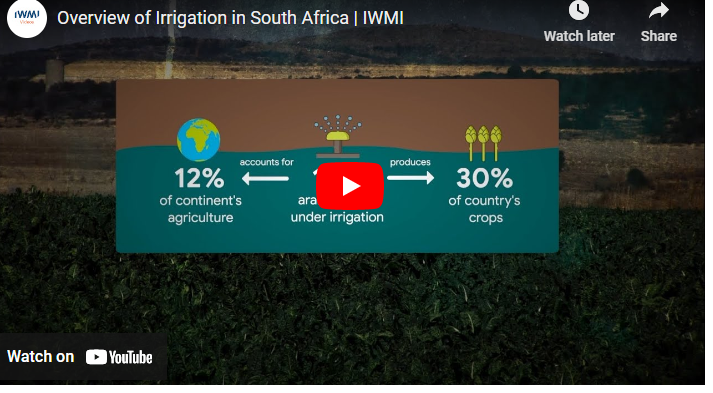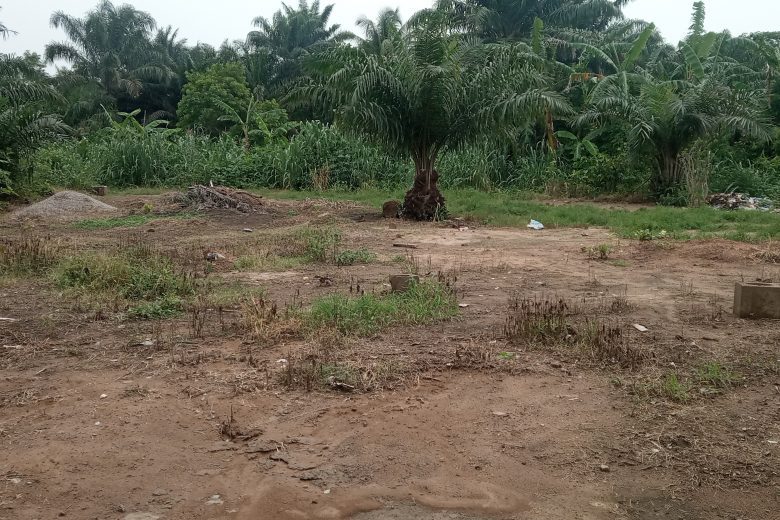Beans are an important part of the Nigerian diet and an important crop for many Nigerian farmers. The success of a bean crop depends largely on the type of fertilizer used. In this article, we will discuss the best fertilizer for beans in Nigeria and how they can be used to improve yields and the quality of the beans.
15 Best Fertilizer For Beans in Nigeria
1. Organic Waste Recycling
Beans benefit greatly from organic compost because of the delayed release of nutrients it supplies. All sorts of waste products, from food to grass and leaves, can be used to create it. To boot, it’s loaded with soil-loving bacteria and fungi.
Read Also: 15 Best Beans Fertilizer In Ghana [Organic & Inorganic]
2. Fish Emulsion
Both macro and micronutrients are present in fish emulsion, making it an excellent fertilizer for beans. As a fertilizer, it comes in both liquid and granular forms and is manufactured from fish oils.
3. Blood Meal
Beans can get all of the nitrogen they need from blood meal. It’s a granular or liquid fertilizer that’s produced from by-products of the meat processing industry.
Read Also: 21 Best Fertilizer For Beans Farm [Organic & Inorganic Fertilizer]
4. Bones Meals
Beans need phosphorus, and bone meal is a fantastic way to get it. It’s a granular or liquid fertilizer that’s created from animal bones.
5. Green Sand
Due to its high potassium content, green sand is ideal for bean cultivation. Granular or liquid forms of this fertilizer derived from volcanic rock are both available.
6. Epsom Salt
Beans can get their magnesium needs met by soaking them in Epsom salt. It’s a liquid fertilizer made from magnesium sulfate.
7. Plant-Based Nutrition
Beans can get many of the essential elements they need from plant matter. It’s a granular or liquid fertilizer that uses natural components like fish meal and kelp meal.
8. Soybean Meal
It’s no secret that soybean meal is a fantastic nitrogen source for beans. The fertilizer comes in both granular and liquid forms and is manufactured from soybeans.
9. Cottonseed Meal
Beans can get a lot of the nitrogen they need from cottonseed meal. It’s a versatile fertilizer that comes in granular or liquid form and is produced using cottonseed.
10. Alfalfa Meal
Beans benefit greatly from the nitrogen, phosphate, and potassium that can be found in alfalfa meal. You may get it in granular form or as a liquid fertilizer, and it’s made from alfalfa.
11. Phosphate Rock
To get their phosphorus needs met, beans do well when fed rock phosphate. Fertilizer that comes in granular or liquid form and is produced from phosphate rock.
12. Wood-Ash
Beans benefit greatly from the potassium content of wood ash. Created from the byproduct of wood combustion, this fertilizer comes in both granular and liquid forms.
13. Brown Algae
Beans benefit greatly from seaweed extract, which is rich in essential minerals. Liquid fertilizer that gets its nutrients from seaweed.
14. Excreta from worms
Beans thrive on the micronutrients included in worm castings. Made from worm castings, these fertilizers come in both granular and liquid forms.
15. Inoculants for Microorganisms
Crop yields, soil health, and soil structure can all benefit from the introduction of microbial inoculants like bacteria and fungi.
How To Choose The Best Fertilizer For Beans In Nigeria
The best fertilizer for beans in Nigeria is organic fertilizers. These fertilizers are made from natural materials such as compost, manure, and animal waste. Organic fertilizers are rich in nutrients that are essential for the growth and development of the beans.
They are also rich in organic matter that helps to improve soil structure, aeration, and water-holding capacity. Organic fertilizers also help to maintain soil fertility and reduce the need for chemical fertilizers.
Inorganic fertilizers are also widely used for beans in Nigeria. These fertilizers are made from synthetic materials and provide a quick release of essential nutrients. Inorganic fertilizers are generally used for short-term applications such as in preparation for planting or for the maintenance of existing crops.
The best fertilizer for beans in Nigeria is a combination of both organic and inorganic fertilizers. This combination can provide the necessary nutrients to the beans while also improving soil structure and fertility. It is important to use the right fertilizer for the right crop and to apply it at the right time.
Time To Apply Fertilizer To Beans Farm In Nigeria And How To Apply
Organic fertilizers should be applied before planting to prepare the soil and to provide essential nutrients to the beans. Inorganic fertilizers should be used after planting to provide the needed nutrients for the crop to perform well.
It is also important to apply fertilizer correctly in order to maximize the benefits. Too little or too much fertilizer can be detrimental to the crop. Applying the right amount of fertilizer at the right time is essential for successful bean production.
Conclusion
In conclusion, the best fertilizer for beans in Nigeria is a combination of organic and inorganic fertilizers. These fertilizers should be applied correctly and at the right time in order to maximize the benefits. With the right fertilizer and application, farmers can increase yields and the quality of their beans.



